The views expressed in our content reflect individual perspectives and do not represent the authoritative views of the Baha'i Faith.
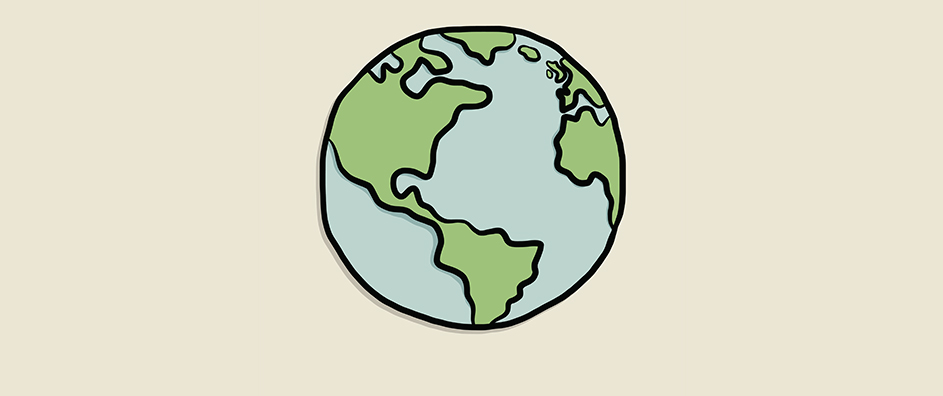 Can you imagine a materially and spiritually prosperous world civilization?
Can you imagine a materially and spiritually prosperous world civilization?
With the world so filled with conflict and contention, it’s hard to picture. We know we won’t get there tomorrow. But over the course of history human civilization has progressed from tribes to kingdoms to city-states to nations – so with time and effort, we know we can make such a wide-ranging transformation. In order to construct it, though, we have to craft the elements of culture that make a world civilization possible.
Baha’is believe that Baha’u’llah’s teachings provide the society-building power to create a world culture.
Look around. Wherever you are, you can probably see a number of human-made objects that never could have existed a century or two ago — the device that allows you to read this, for example. Amazing technologies that we now take for granted — like indoor plumbing, automobiles, refrigerators, and computers — would have seemed like magic until quite recently. Futurists assure us of even greater wonders ahead: artificial intelligence, space colonies, a “cure” for aging. In our time, engineers and entrepreneurs have wide leeway and resources to realize our most outlandish technological fantasies.
But what about world peace? Some would say it’s against human nature. What about a world where all people irrespective of nation, race, class, or gender can enjoy the full development of their physical, intellectual and spiritual capacities? Utopian, pie-in-the-sky thinking, they’ll probably say. While information and communication technology race forward with every passing month, our peacemakers and social visionaries are hardly given the time to so much as explain their strategies for creating a better world. Superior machines can’t build a beautiful society — we need cultural innovation too. If we apply the same vigor, ingenuity, and creativity we apply to technology to the ways we relate to each other, to the environment, and to our own inner selves, then we can potentially construct the peaceful world civilization envisioned in Baha’u’llah’s Writings. Perhaps today’s conditions and today’s population justify our pessimism. But what looks impossible for one generation might be easily practicable for a later one – after all, civilizations do evolve.
Any civilization, whether Roman, Islamic, Chinese, or the modern one that dominates the world today, weaves a rich cultural tapestry out of a number of interdependent institutions, values, arts, technologies, systems of education and scientific research, and traditions of spirituality and religion. Civilizations constantly evolve, but also remain durable across generations. They crystallize in response to certain challenges and aspirations — and can decompose when their members fail to respond to changing times. Cultural inventions frequently pop up all along this road.
As just one example, you can see such innovations in the world of modern finance, especially since its fundamental basis, money, is itself a human invention. Banks, mortgages, stock markets, bonds, central banking; none of these have existed from time immemorial. From top to bottom, we fabricated every part of this system, and gradually standardized it at one point or another, most of them within only the past few hundred years.
A similar process of cultural innovation happens daily in the modern Baha’i world. On every continent people are arising to act upon the aspirations of Abdu’l-Baha contained in these words from his address of May 14th, 1912 in New York City:
Since my arrival in this country I find that material civilization has progressed greatly, that commerce has attained the utmost degree of expansion; arts, agriculture and all details of material civilization have reached the highest stage of perfection, but spiritual civilization has been left behind. Material civilization is like unto the lamp, while spiritual civilization is the light in that lamp. If the material and spiritual civilization become united, then we will have the light and the lamp together, and the outcome will be perfect. – The Promulgation of Universal Peace p. 11.
Under the guidance of the Baha’i teachings and the leadership of the Universal House of Justice, individuals, communities, and institutions all over the world are crafting the building blocks (or perhaps only the construction equipment) for an emerging world civilization. Baha’is have programs for the spiritual education of children and the empowerment of junior youth, study circles that systematically explore reality in light of the Baha’i Writings, and gatherings that enhance the spiritual character of communities. International, regional, and local networks of institutions and human resources gather, synthesize, and share knowledge about these systems and processes on a global level. Taken together, a new global movement has systematically coalesced around methods and instruments that will gradually shift our civilization’s architecture in a new direction.
The Baha’i world invents the cultural components of a materially and spiritually prosperous world civilization on a daily basis. If you’d like to see how that works, and participate in the process, let us know.


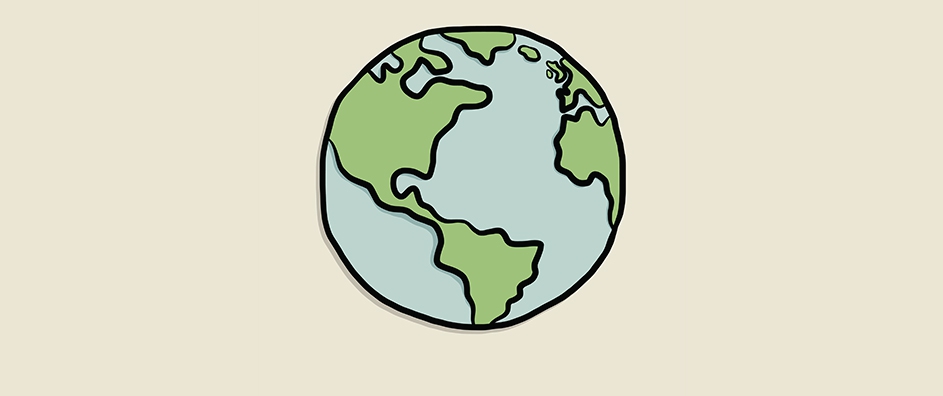
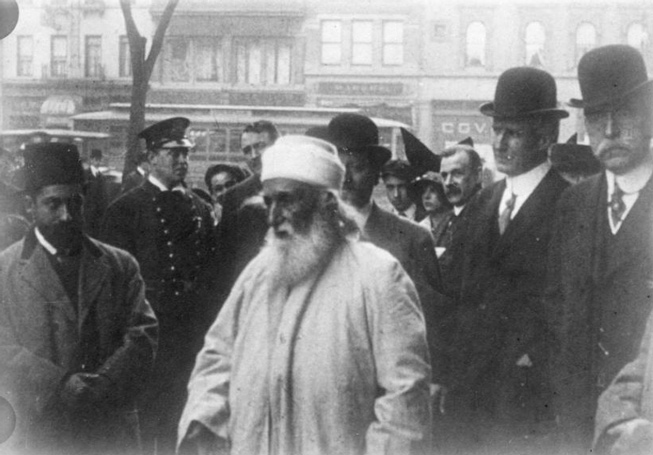

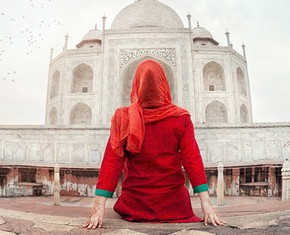

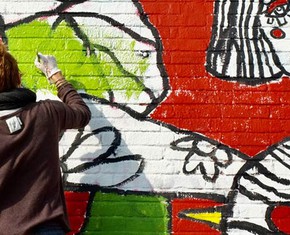









Comments
Sign in or create an account
Continue with Googleor